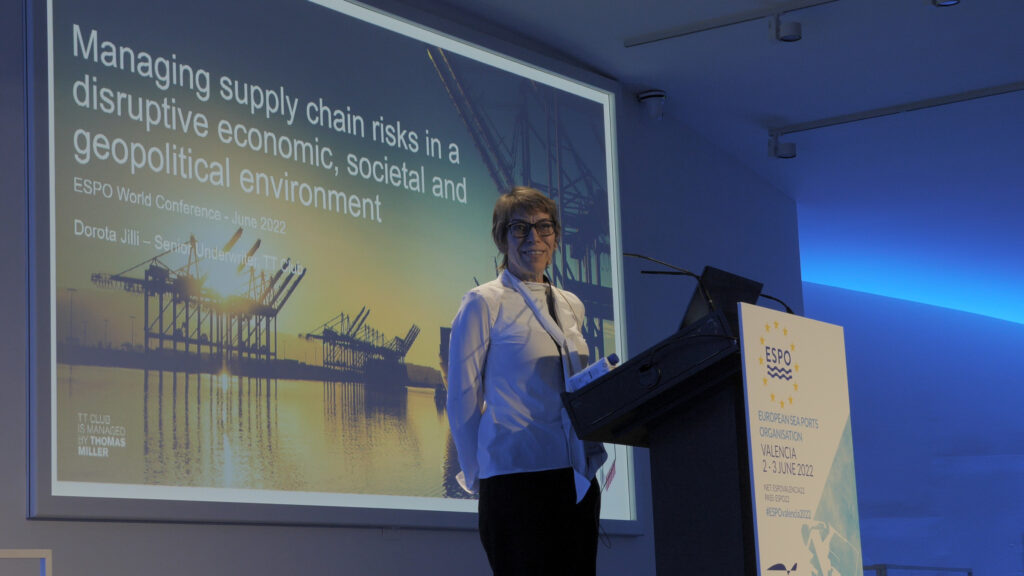World food security and biodiversity is at risk from contaminating pests. Plant pests and diseases are responsible for the loss of up to 40% of global food crops and trade losses exceeding $22bn annually.
The lead UN body, the Commission on Phytosanitary Measures has created a phytosanitary expert Focus Group to look at potential pest contamination on sea containers. Recognising the need for supply chain input, they asked industry to form a Container Cleanliness Industry Advisory Group (CCIAG) to provide advice, suggestions and recommendations on:
- cleanliness of the interior and exterior of intermodal freight containers and their cargoes
- risks of pest contamination in the international containerized supply chain.
We are pleased to report that our application to join the CCIAG has been accepted. Managing contaminating pests is best approached through collective effort that includes plant protection, industry and other stakeholders. Critically, ICHCA’s role is to work with stakeholder partners to ensure safety is “baked in” to the delivery of practical and sustainable outcomes.
Next steps… a major International workshop on reducing the introduction of pests through the sea container pathway, London, UK on 19-20 September 2022.
Contact us at secretariat@ichca.com for more information about the conference.
About ICHCA International
Established in 1952, ICHCA International is an independent, not-for-profit organisation dedicated to improving the safety, productivity and efficiency of cargo handling and movement worldwide. ICHCA’s privileged NGO status enables it to represent its members, and the cargo handling industry at large, in front of national and international agencies and regulatory bodies, while its Technical Panel provides best practice advice and develops publications on a wide range of practical cargo handling issues.
Operating through a series of national and regional chapters, including ICHCA Australia, ICHCA Japan and plus Correspondence and Working Groups, ICHCA provides a focal point for informing, educating, lobbying and networking to improve knowledge and best practice across the cargo handling chain.








